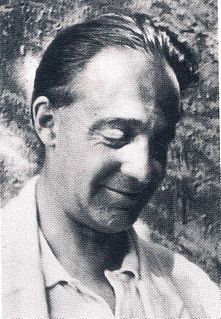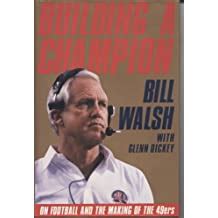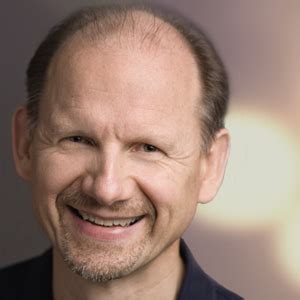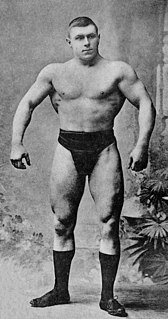A Quote by Nassau William Senior
To abstain from the enjoyment which is in our power, or to seek distant rather than immediate results, are among the most painful exertions of the human will.
Related Quotes
In civilized communities, property as well as personal rights is an essential object of the laws, which encourage industry by securing the enjoyment of its fruits; that industry from which property results, and that enjoyment which consists not merely in its immediate use, but in its posthumous destination to objects of choice, and of kindred affection. In a just and free government, therefore, the rights both of property and of persons ought to be effectually guarded.
Let no one ever shy away from the claim that Jews have power, that Jews have influence. We have learned the terrible lesson of history; that unless we have influence and power, disproportionate to our small numbers - immoral results will occur. We need power. And we must continue to use our power. Power which we earned, power which no one gave us on a silver platter, power which we worked hard for - use that power in the interests of justice.
An institution which is financed by a budget - or which enjoys a monopoly which the customer cannot escape - is rewarded for what it deserves rather than what it earns. It is paid for 'good intentions' and 'programs'. It is paid for not alienating important constituents rather than satisfying any one group. It is misdirected by the way it is being paid into defining performance and results as what will produce the budget rather than as what will produce contribution.
Were it not for Occam's Razor, which always demands simplicity, I'd be tempted to believe that human beings are more influenced by distant causes than immediate ones. This would especially be true of overeducated people, who are capable of thinking past the immediate, of becoming obsessed by the remote. It's the old stuff, the conflicts we've never come to terms with, that sneaks up on us, half forgotten, insisting upon action.
There is a tendency among many shallow thinkers of our day to teach that every human act is a reflex, over which we do not exercise human control. They would rate a generous deed as no more praiseworthy than a wink, a crime as no more voluntary than a sneeze. . . Such a philosophy undercuts all human dignity. . . All of us have the power of choice in action at every moment of our lives.
The real treasure, that which we all seek, is never very far; there is no real need to seek it in a distant place, for it lies buried within our own hearts. And yet, there is this strange and persistent fact that it is only after a journey in a distant region, in a new land, that the way to that treasure becomes clear.
If we choose the right, we will find happiness-in time. If we choose evil, there comes sorrow and regret-in time. Those effects are sure. Yet they are often delayed for a purpose. If the blessings were immediate, choosing the right would not build faith. And since sorrow is also sometimes greatly delayed, it takes faith to feel the need to seek forgiveness for sin early rather than after we feel its sorrowful and painful effects.
We don't seek the painful experiences that hew our identities, but we seek our identities in the wake of painful experiences. We cannot bear a pointless torment, but we can endure great pain if we believe that it's purposeful. Ease makes less of an impression on us than struggle. We could have been ourselves without our delights, but not without the misfortunes that drive our search for meaning. 'Therefore, I take pleasure in infirmities,' St. Paul wrote in Second Corinthians, 'for when I am weak, then I am strong.'
Every age has its dreams, its symbols of romance. Past generations were moved by the graceful power of the great windjammers, by the distant whistle of locomotives pounding through the night, by the caravans leaving on the Golden Road to Samarkand, by quinqueremes of Nineveh from distant Ophir . . . Our grandchildren will likewise have their inspiration-among the equatorial stars. They will be able to look up at the night sky and watch the stately procession of the Ports of Earth-the strange new harbors where the ships of space make their planetfalls and their departures.
The frequent employment of one's will power masters all organs of movement and trains them to perform feats which otherwise would have been difficult,painful and even impossible. The man becomes independent and self-reliant; he will never be a coward,and, when real danger threatens,he is the one who is looked up to by others. The knowledge of one's strength entails a real mastery over oneself; it breeds energy and courage,helps one over the most difficult tasks of life, and procures contentment and true enjoyment of living.





































